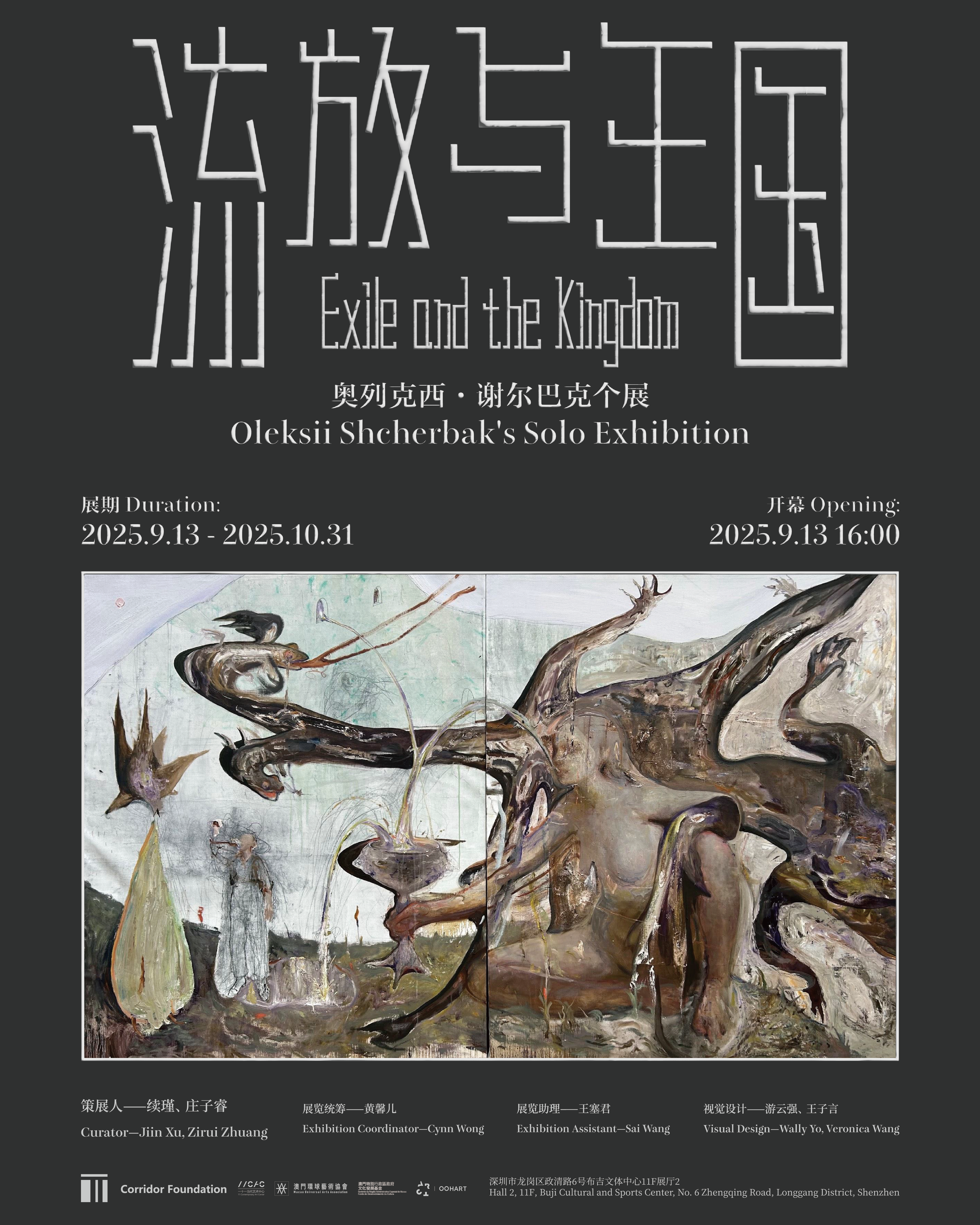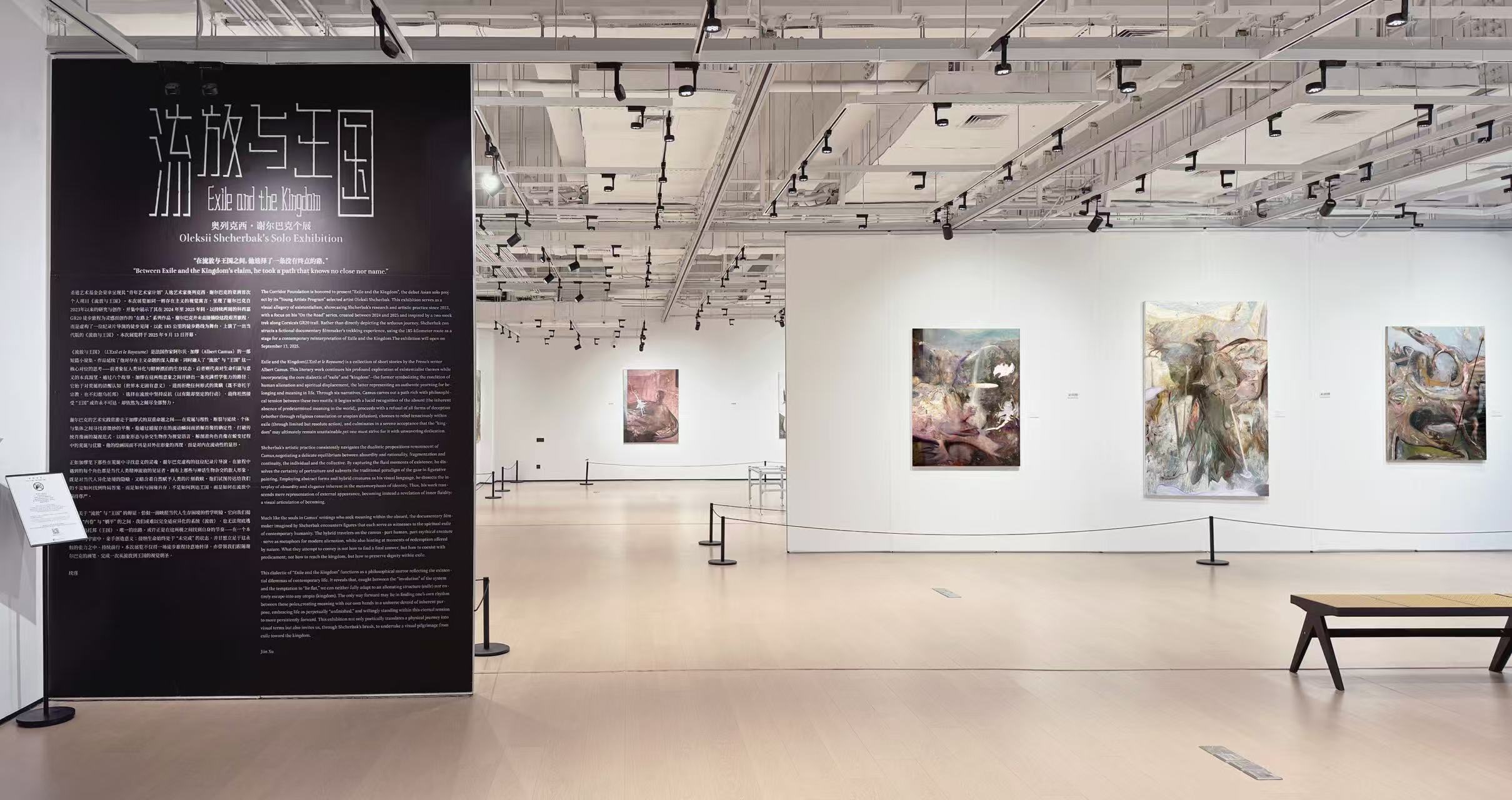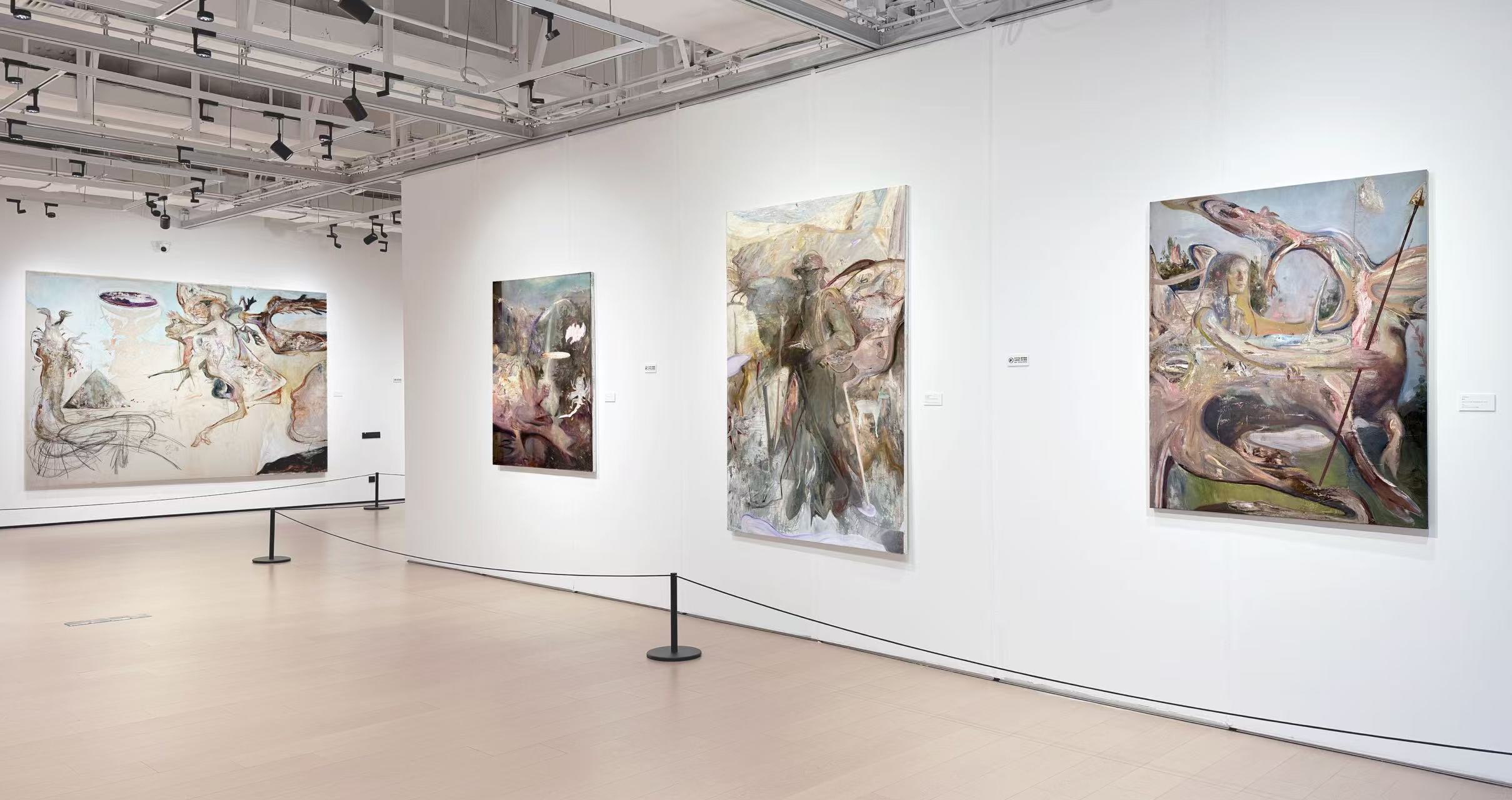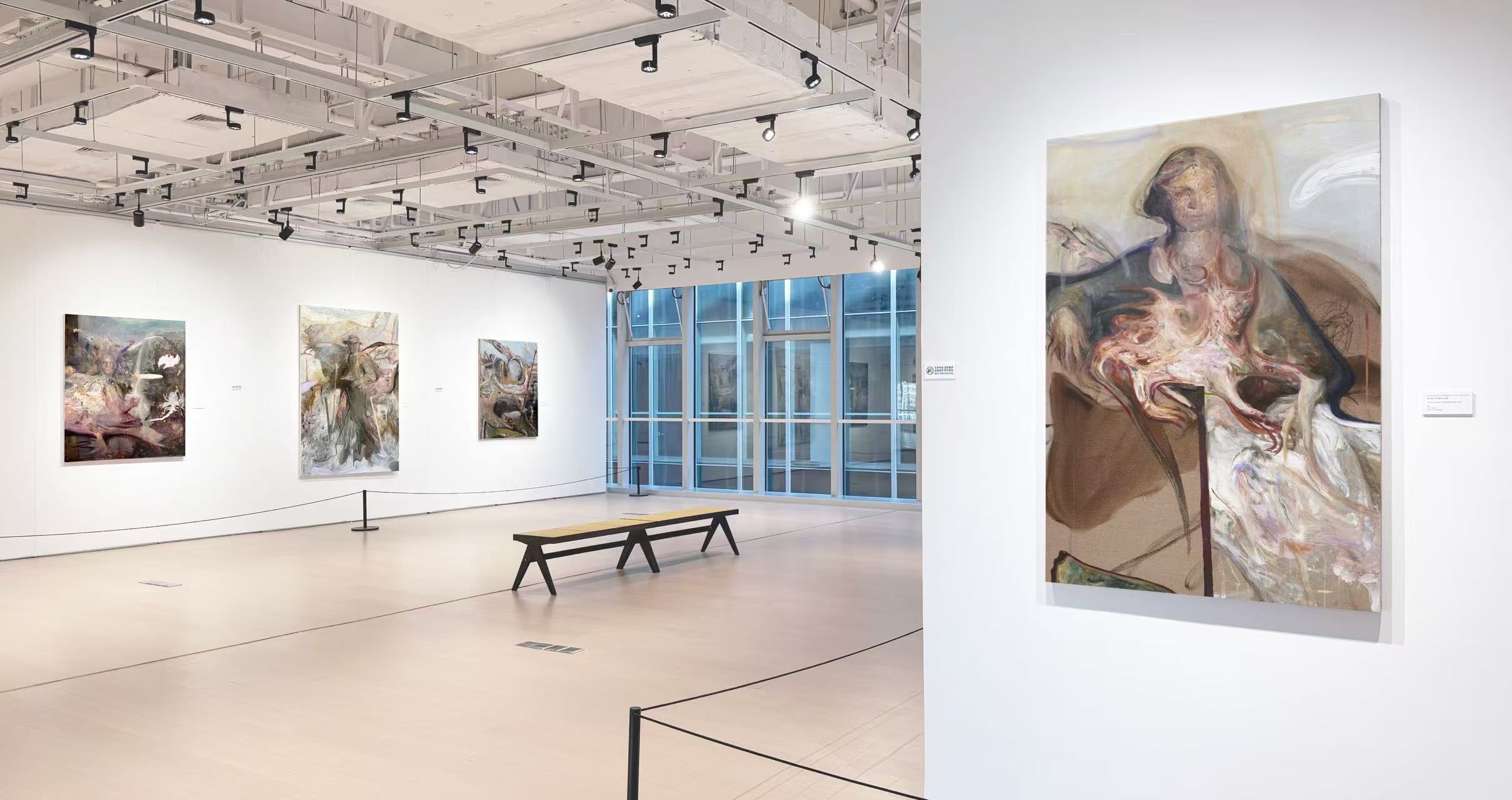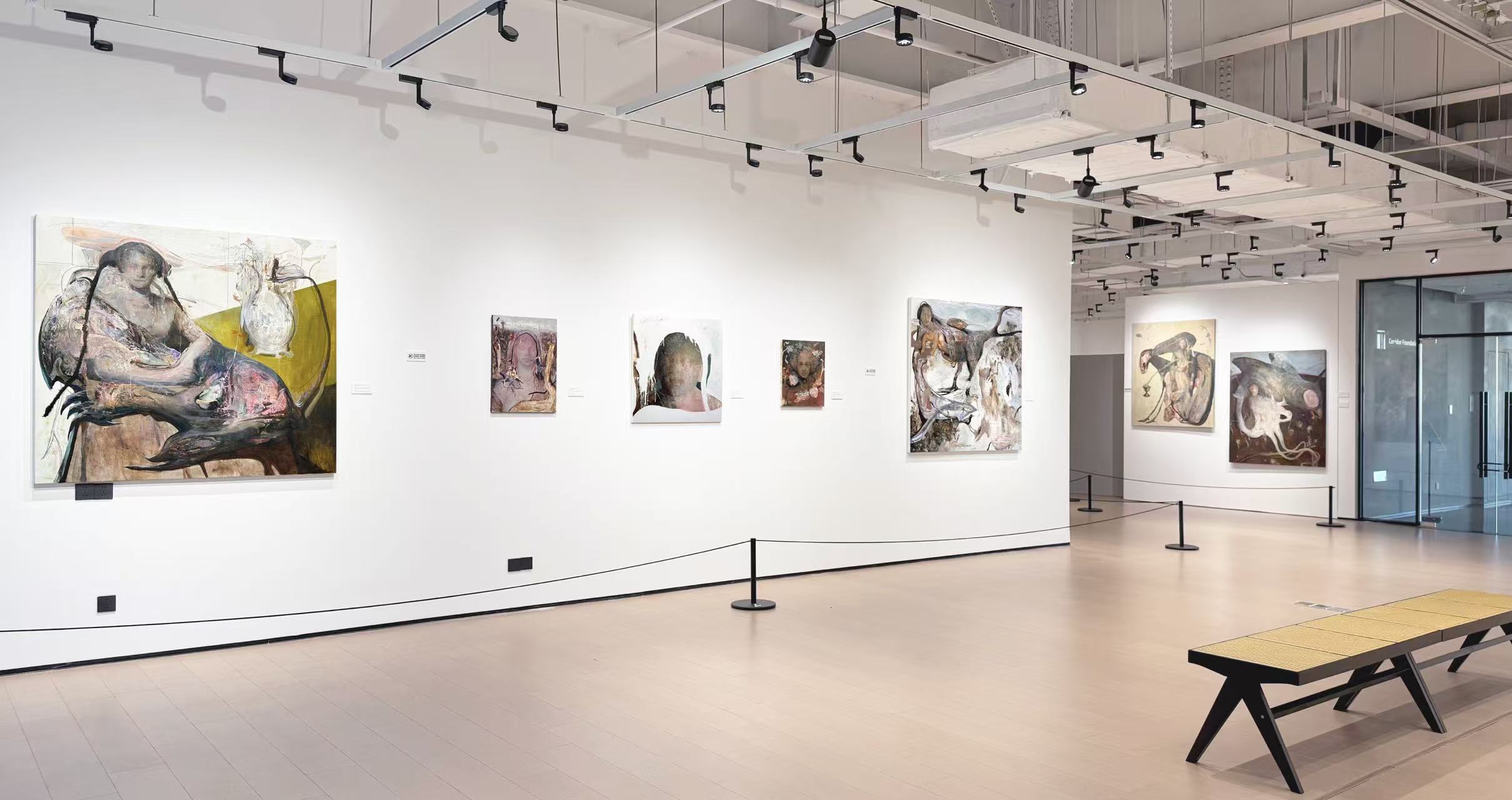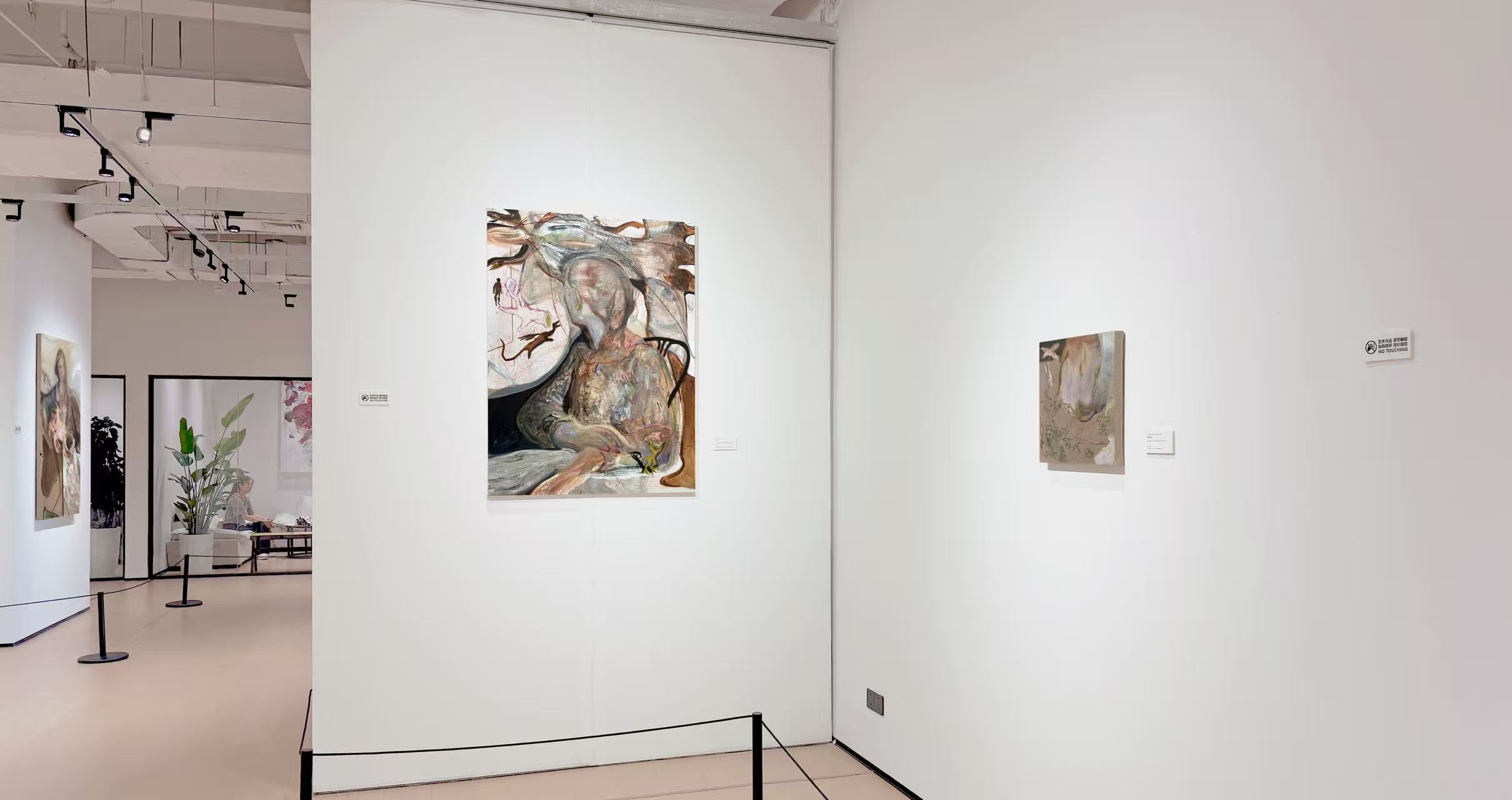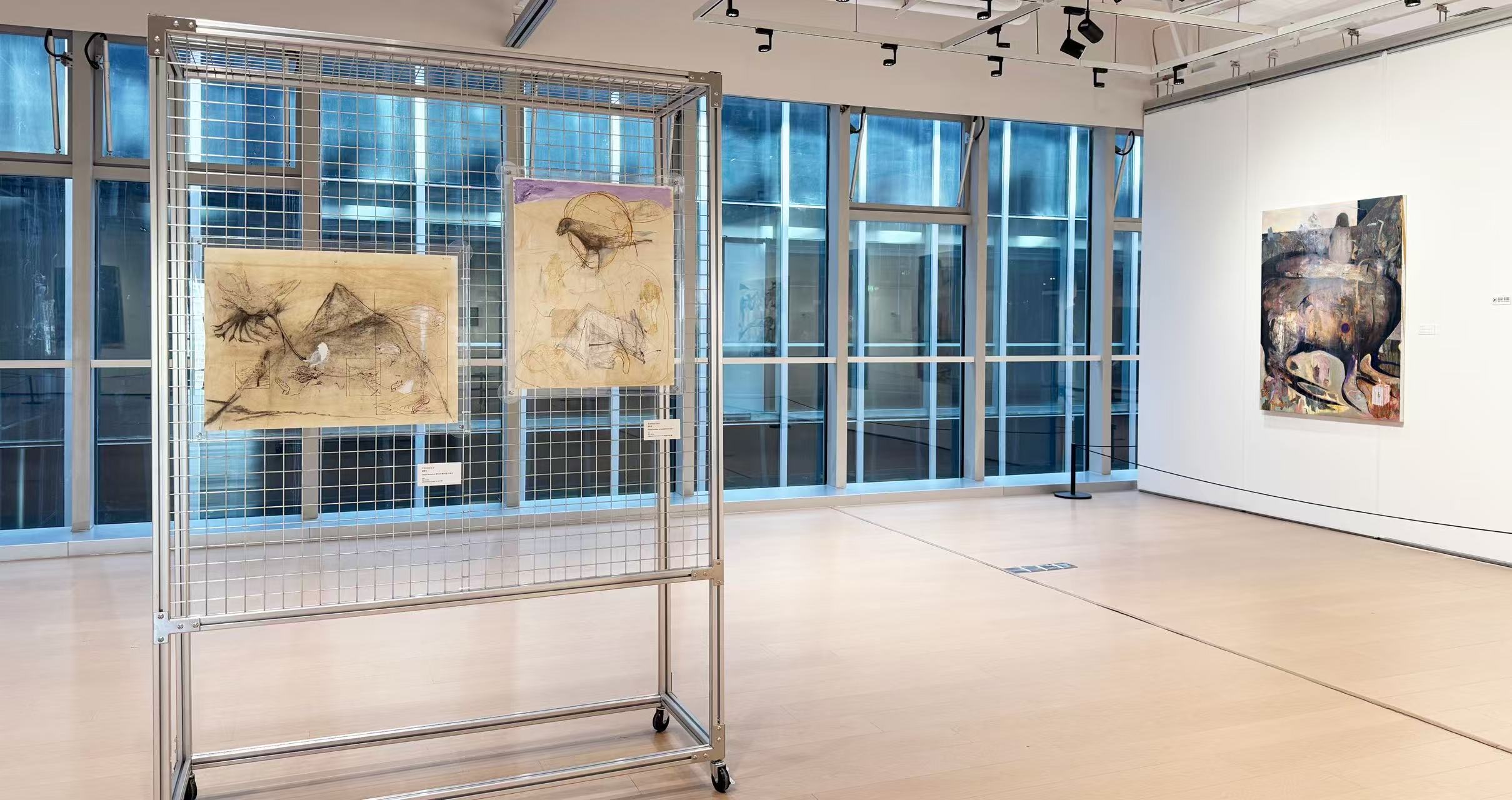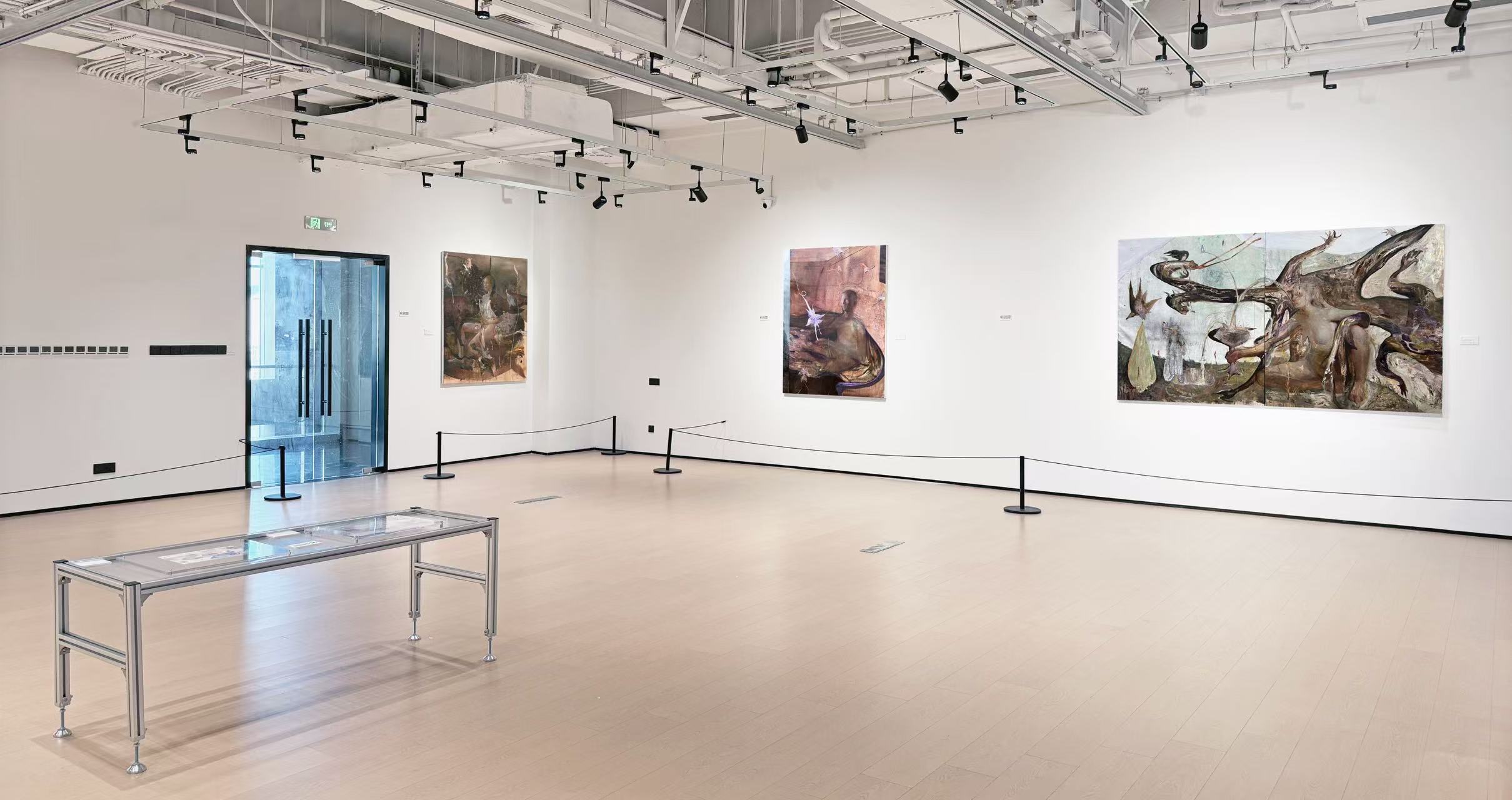“Between Exile and the Kingdom's claim,he took a path that knows no close nor name.”
The Corridor Foundation is honored to present “Exile and the Kingdom”, the debut Asian solo project by its “Young Artists Program” selected artist Oleksii Shcherbak. This exhibition serves as a visual allegory of existentialism, showcasing Shcherbak's research and artistic practice since 2023, with a focus on his “On the Road” series, created between 2024 and 2025 and inspired by a two-week trek along Corsica's GR20 trail. Rather than directly depicting the arduous journey, Shcherbak constructs a fictional documentary filmmaker's trekking experience, using the 185-kilometer route as a stage for a contemporary reinterpretation of Exile and the Kingdom.The exhibition will open on September 13, 2025.
Exile and the Kingdom(L'Exil et le Royaume) is a collection of short stories by the French writer Albert Camus. This literary work continues his profound exploration of existentialist themes while incorporating the core dialectic of “exile” and “kingdom”—the former symbolizing the condition of human alienation and spiritual displacement, the latter representing an authentic yearning for belonging and meaning in life. Through six narratives, Camus carves out a path rich with philosophical tension between these two motifs: it begins with a lucid recognition of the absurd (the inherent absence of predetermined meaning in the world), proceeds with a refusal of all forms of deception (whether through religious consolation or utopian delusion), chooses to rebel tenaciously within exile (through limited but resolute action), and culminates in a serene acceptance that the “kingdom” may ultimately remain unattainable,yet one must strive for it with unwavering dedication.
Shcherbak's artistic practice consistently navigates the dualistic propositions reminiscent of Camus,negotiating a delicate equilibrium between absurdity and rationality, fragmentation and continuity, the individual and the collective. By capturing the fluid moments of existence, he dissolves the certainty of portraiture and subverts the traditional paradigm of the gaze in figurative painting. Employing abstract forms and hybrid creatures as his visual language, he dissects the interplay of absurdity and elegance inherent in the metamorphosis of identity. Thus, his work transcends mere representation of external appearance, becoming instead a revelation of inner fluidity: a visual articulation of becoming.
Much like the souls in Camus’ writings who seek meaning within the absurd, the documentary filmmaker imagined by Shcherbak encounters figures that each serve as witnesses to the spiritual exile of contemporary humanity. The hybrid travelers on the canvas - part human, part mythical creature - serve as metaphors for modern alienation, while also hinting at moments of redemption offered by nature. What they attempt to convey is not how to find a final answer, but how to coexist with predicament; not how to reach the kingdom, but how to preserve dignity within exile.
This dialectic of “Exile and the Kingdom” functions as a philosophical mirror reflecting the existential dilemmas of contemporary life. It reveals that, caught between the “involution” of the system and the temptation to “lie flat,” we can neither fully adapt to an alienating structure (exile) nor entirely escape into any utopia (kingdom). The only way forward may lie in finding one’s own rhythm between these poles,creating meaning with our own hands in a universe devoid of inherent purpose, embracing life as perpetually “unfinished,” and willingly standing within this eternal tension to move persistently forward. This exhibition not only poetically translates a physical journey into visual terms but also invites us, through Shcherbak’s brush, to undertake a visual pilgrimage from exile toward the kingdom.
